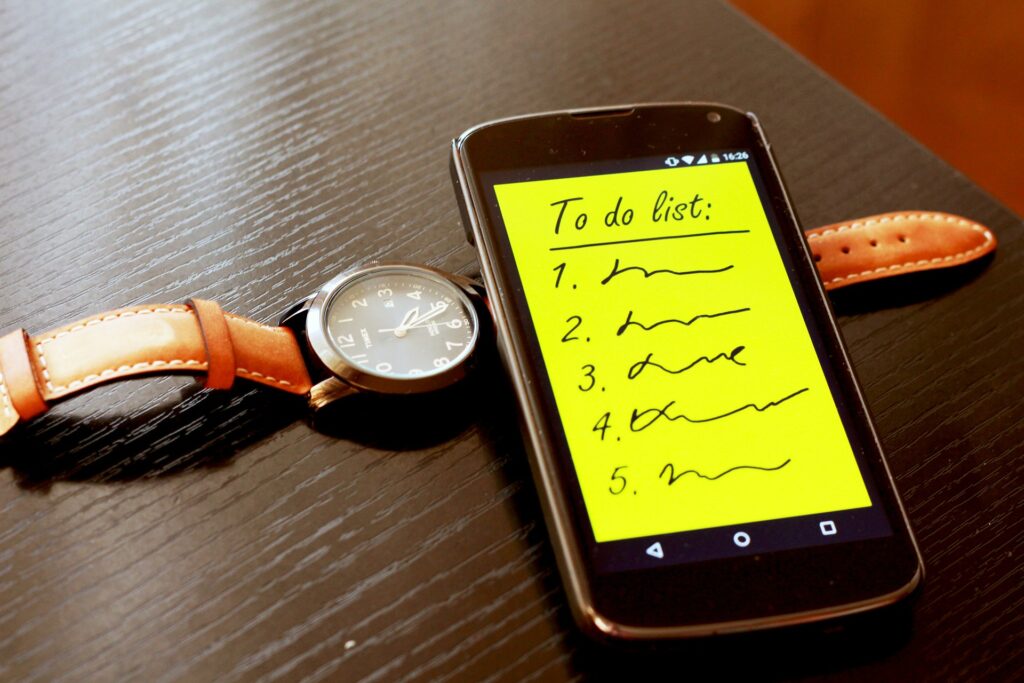“Could you be doing something more productive with your time?”
This is one of my favorite sayings. It is such a mantra around my house, that my daughter actually wrote one of her college application essays on possessing a “productivity gene” that wouldn’t allow idle hands or an idle mind.
If I’m not asking it of someone else, I’m asking it of myself. “Could I be doing something better with my time?” “Am I wasting time?” or “What would be a better use of my time?”
Keeping ourselves productive isn’t just a matter of pages-long to-do lists. It’s a matter of self-talk- the communication that goes on inside our own heads. We all know our time on this earth is limited and we have no idea how much we really have, so shouldn’t we be spending it wisely?
Of course, to identify whether any activity is a better use of your time than another, you need some kind of criteria for evaluating each activity. This is the biggest mistake too many people make when it comes to setting priorities – they don’t know how to evaluate the importance of their activities and as a result, they can’t determine what’s the best use of their time. Many popular theories on time management use some form of an urgency/importance grid. Any given activity in your day is either important or not or urgent or not. Urgency is easier to define- it’s time sensitivity. If something must happen today and cannot wait until tomorrow, it’s urgent. However, defining “important” is difficult for most people.
Most people will identify just about everything on their “to-do” list as important and that’s just not true. So here’s something that can help.
Imagine this scenario. You need a new car. You go to a car lot. You say to the salesperson, “I’m here to buy a car.” The salesperson points to a car and says, “Here’s a car.” You say, “I’ll take it.” Is this how the process works? Of course not. When most people buy a car, they have specific criteria such as cost, gas mileage, seating capacity, features, etc., that they use to determine whether a car is a fit for them or not.
I believe we should have a similar process of setting criteria to determine what is important. What things on your to-do list have the greatest significance or value? Which things are likely to have a profound effect on your success, survival, or well-being? These are the starting points of the criteria for “Important.” Depending on your life or job, you’ll have additional criteria as well. Once you’ve identified these things, you’ll use them as the filter that divides the important from the not-so-important, or not-important right now.
This week, as you’re moving through each day, ask yourself, “Is this the best use of my time?” when you’re procrastinating, spending too much time on an unimportant task, or arguing with someone about something trivial. If the answer is no- it’s time to move on to something more productive!




I’ve been reading your posts for a long time now and it’s not urgent, but it’s important that I do. I always have a take-away from your posts (some more than others). This week I will thoughtfully ask the same of myself and consider if I’m spending my retirement productively…..or not.